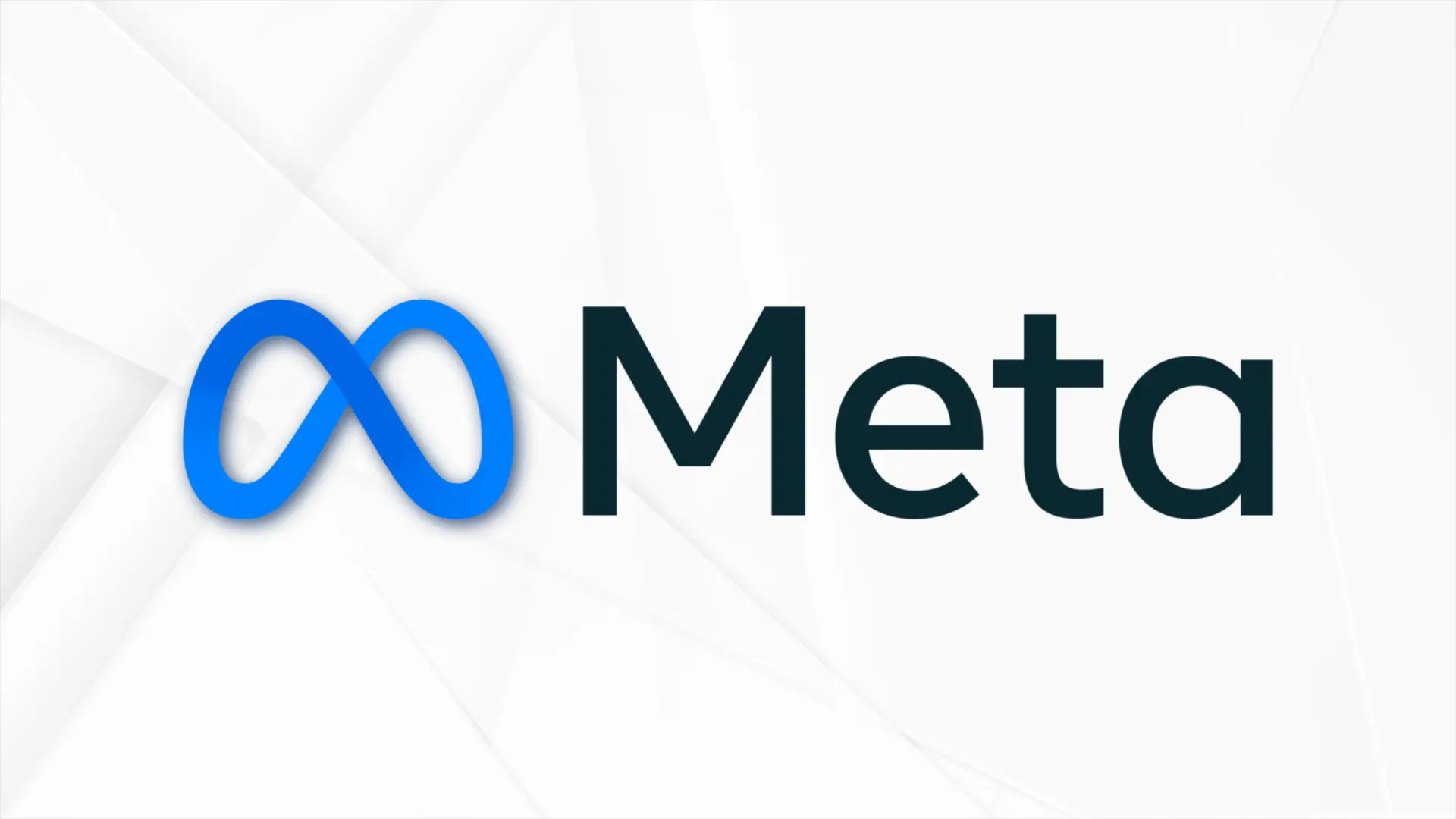
Meta, Scale AI, and the New Minority Stake Playbook: What $14.3B Means for Superintelligence and the AI Ecosystem
Examining Meta's $14.3B minority investment in Scale AI, the recruitment of Alexandr Wang, and the broader implications for superintelligence research, regulatory navigation, and the evolving AI industry structure.
Why Meta’s Move on Scale AI Isn’t Just More AI Hype
Meta’s $14.3 billion investment in Scale AI marks a strategic pivot in the race for artificial general intelligence (AGI) and beyond. While the deal mirrors recent talent acquisitions by tech giants, its structure, a minority stake with preserved independence, reflects a calculated response to regulatory scrutiny and market fragmentation. This isn’t just another AI funding round; it’s a blueprint for how big tech navigates the intersection of innovation, competition, and governance in 2025.
The Anatomy of the Meta-Scale AI Deal
Meta’s $14.3 billion investment values Scale AI at $29 billion, securing a 49% stake while leaving the startup technically independent. This hybrid model allows Meta to access Scale’s data annotation infrastructure, critical for training large language models (LLMs), without a full acquisition. The deal also positions Meta to influence Scale’s roadmap, particularly its work with government contracts and defense AI projects, where Scale has cultivated deep ties.
Scale’s CEO, Alexandr Wang, will lead Meta’s new Superintelligence Lab, bringing a team of engineers and researchers. This mirrors Microsoft’s hiring of Mustafa Suleyman from Inflection AI and Google’s recruitment of Character.AI’s founders. Wang’s departure leaves Jason Droege, former chief strategy officer, to steer Scale’s existing clients, including OpenAI and Anthropic. The talent shift underscores the urgency of assembling top AI minds ahead of the next research frontier.
Minority Stakes, Regulatory Sidesteps, and the New AI M&A Landscape
Meta’s minority stake avoids the antitrust scrutiny that plagued its Instagram and WhatsApp acquisitions. By retaining Scale’s independence, the deal sidesteps the appearance of monopolistic control while still locking in preferential access to its services. This structure follows precedents like Amazon’s investment in Anthropic and Microsoft’s stake in OpenAI, where equity stakes and board seats replaced outright buyouts.
The Federal Trade Commission (FTC) has historically targeted tech mergers under leaders like Lina Khan. Meta’s cautious approach, 49% ownership with no board majority, aims to pre-empt regulatory pushback. However, the FTC’s evolving stance under Andrew Ferguson remains uncertain, leaving tech giants in a gray zone where influence must be balanced against oversight.
Superintelligence Labs: Ambition vs. Reality
Meta’s Superintelligence Lab aligns with Yann LeCun’s long-standing skepticism of LLMs as a path to AGI. While competitors focus on scaling language models, Meta emphasizes embodied AI and systems that “understand the physical world.” Yet internal tensions persist: LeCun’s vision of human-level AI clashes with the market’s demand for near-term LLM applications. The recruitment of Wang, a proponent of iterative, data-driven progress, suggests a hybrid strategy, blending long-term research with practical engineering.
Scale’s core value lies in its workforce for labeling training data, a mundane but indispensable part of AI development. Meta’s investment signals recognition that superior LLMs require not just algorithmic innovation but also high-quality, domain-specific annotations. However, reliance on human labor introduces bottlenecks, as seen in Scale’s past struggles to scale its Mechanical Turk-like platform for real-time model testing.
Industry Implications: Ecosystem Fragmentation and the Vendor Lock-in Question
Scale’s remaining clients, OpenAI, Anthropic, and government agencies, now face a dilemma. Meta’s stake could compromise neutrality, especially if Scale prioritizes its largest investor. While Meta claims the partnership “deepens collaboration without altering Scale’s service model,” trust erosion may push rivals to build in-house annotation tools or partner with lesser-known vendors.
Meta’s open-source Llama models contrast with OpenAI’s closed systems, but Scale’s deal complicates this narrative. By investing in a proprietary data annotation pipeline, Meta gains asymmetric leverage: competitors still rely on its models, but Meta now controls a critical input for training those models. This blurs the line between open collaboration and strategic gatekeeping, risking fragmentation in AI development standards.
Meta’s investment in Scale AI is less about immediate technical gains and more about securing a foothold in the next phase of AI governance. While the deal addresses Meta’s shortfalls in LLM adoption, it also highlights the industry’s reliance on opaque partnerships and regulatory workarounds. As superintelligence ambitions collide with the realities of human labor and market competition, the true test will be whether this model accelerates progress, or merely consolidates power.